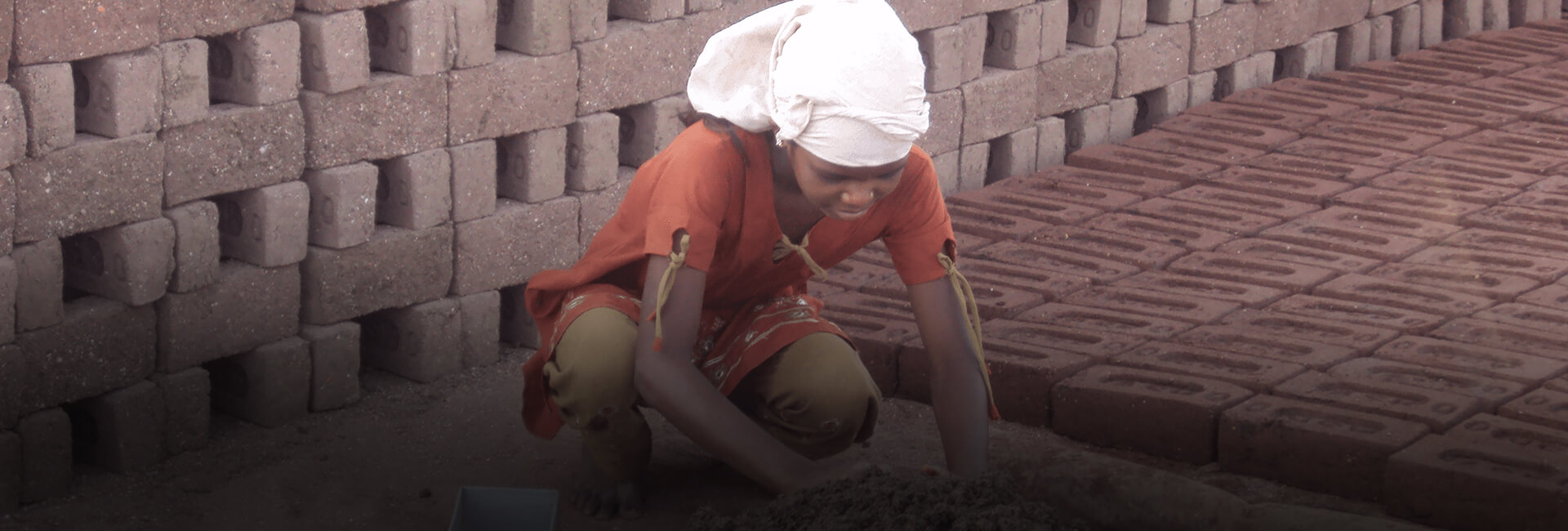One million more children survive as india’s infant and child mortality falls
India is known among global child rights organisations as a world leader in mortality, witnessing 29 million child deaths (2000 – 2015), a fifth of global child deaths. However, as per a news story, nearly one million children may have survived since 2005, as seen in a reduction in mortality rates among those aged below five. The findings, published in the prestigious journal Lancet, arise from the India-based research report ‘Million Death Study’.
Research report findings
The research report was authored and led by Toronto-based Prabhat Jha, who heads the Centre for Global Health Research at the city’s St Michael’s Hospital. There was a 3.3% decline in infant mortality ((of less than 1 month, known as neonates), and 5.4%, reduction in figures for children between the ages of a month and up to 59 months.
The fall in child mortality began to accelerate in 2005, and was fastest between 2010 and 2015, most prominently seen in urban areas and richer states.
● Neonates: mortality rate fell from 45 (per 1000 live births) in 2000, to 27 per 1000 (per live births) in 2015.
● Infants ages one-59 months: mortality rate fell from 45.2 (per 1000 live births) to 19.6 (per 1000 live births).
Analysis
During the time period of the study, there was 90 percent drop in tetanus and measles-related neonatal deaths, two of the main causes of infant deaths. For children (ages one month to five years), mortality rates from pneumonia and diarrhea fell by over 60 percent. Significantly, the gender gap in mortality rates narrowed to an almost equal number of boys and girls in child mortality. Pneumonia and diarrhea are two of the biggest child killers in India. The analysis found that India must go after the “very avoidable deaths” (about 225,000) at ages 1-59 months from pneumonia, diarrhoea, malaria (in particular) and measles, and tackle deaths from low birth weight.
How Bal Raksha Bharat works to fight mortality
Global child rights NGO Bal Raksha Bharat has joined hands with state and national governments, civil society, and communities for programs to fight against child mortality.
1. Prenatal checkups
The NGO undertakes intervention through medical campaigns, and campaigns to spread the importance of prenatal checks for infant and maternal health. Regular prenatal checks will ensure a medical diagnosis, and swift treatment in case of health complications.
2. Institutional deliveries
Bal Raksha Bharat’s push for institutional deliveries ensures a stronger survival rate for children. This is critical, due to rural preference for midwives, instead of opting for institutional delivery among India’s poorer community. Untrained in addressing birthing complications,midwives are unaware of hygiene and safety needs.
3. Immediate and exclusive breastfeeding
The mindset of “Breastmilk is the best milk” must be inculcated into expecting mothers. Only 41% of mothers initiate early breastfeeding. Early breastfeeding initiation can reduce 13% of high infant mortality count. Bal Raksha Bharat ensures that mothers and communities are informed of breast milk’s importance in building immunity, delivering protein, and giving access to benefits.
4. Regular checkups
Bal Raksha Bharat provides access to regular immunisation, access to a balanced diet, and preventive medicine, the three pillars of healthcare. The NGO organises access to regular clinics, community sensitization, and sending teams of doctors at health camps in association with rural Primary Health Centres. Children are also taught the basics of hygiene and sanitation to prevent potentially fatal diseases like diarrhoea and malaria.
Conclusion
Bal Raksha Bharat is able to efficiently aggregate the resources of governments, private organisations, and volunteers who support an NGO, and bring these to works to India’s most backward and marginalised communities. The NGO trains Community Healthcare Workers (CHWs) to provide immediate healthcare to mothers, newborns and expectant women, while working to have better policies implemented. The NGO supports India’s public health and access to nutrition and creates awareness of recent solutions to reduce newborn and child mortality. Donate online to support the fight against child mortality.




